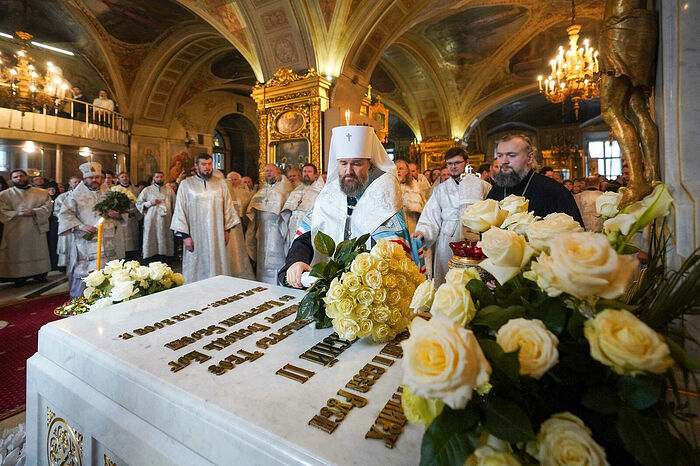Sen. Tommy Tuberville, R-Alabama, will allow hundreds of military appointments to get through the Senate as he ends his 10-month-long pro-life blockade that sought to force the Pentagon to change its abortion policies.
The senator began blocking military appointments that need Senate confirmation in February by refusing to allow them to pass via unanimous consent. The blockade was a protest against a Department of Defense policy that provides paid leave and reimbursement for travel expenses for service members who seek to obtain an abortion. It also covers travel costs for dependents and spouses.
Although the policy is still in place, Tuberville announced on Tuesday that he would end his blockade for most appointments — the backlog has grown to more than 400. He said he would only maintain his blockade against a handful of very senior positions.
“I’m not going to hold the promotions of these people any longer,” Tuberville told reporters, according to CBS News. “We just released them — about 440 of them. Everybody but 10 or 11 four-stars.”
The military appointments are normally a routine process approved in large blocs by unanimous consent of the Senate. Without unanimous consent, the Senate would have needed to vote on each appointment individually. Senate Majority Leader Chuck Schumer, D-New York, chose to only bring a handful of appointment votes up individually, declining to bypass the blockade of most appointments.
Kristan Hawkins, the president of Students for Life of America, thanked Tuberville for maintaining the blockade for 10 months in a post on X, which was reposted by the senator.
“We’re proud of the stand that [Tuberville] took on behalf of the preborn,” Hawkins said. “Every day he stood firm was a message sent to Washington that the lives of America’s preborn are worth defending, even if Joe Biden and his Pentagon don’t think so.”
Federal law prohibits Department of Defense funds from being “used to perform abortions except where the life of the mother would be endangered if the fetus were carried to term or in a case in which the pregnancy is the result of an act of rape or incest.”
Even though the law does not expressly prohibit funds for travel expenses or paid leave to obtain an abortion, some Republican lawmakers have argued that such policies violate the statute. Republicans have introduced bills that would expressly prohibit agencies from using funds in this way, but those efforts have been blocked in the Democratic-controlled Senate.
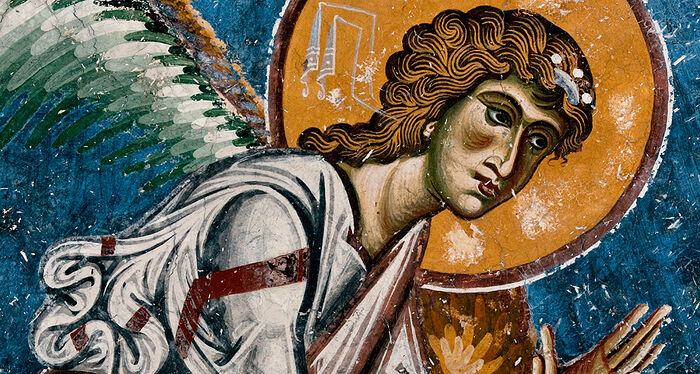
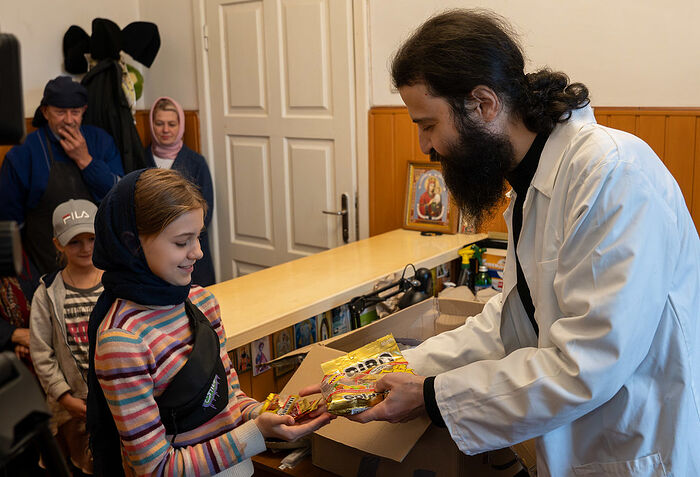
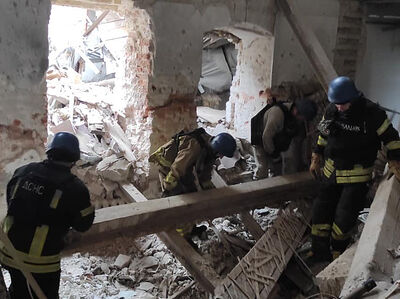 Bodies of refugees found under rubble at Ukraine’s much-suffering Svyatogorsk LavraTheir bodies were sent to the nearby city of Kramatorsk for a forensic medical examination.
Bodies of refugees found under rubble at Ukraine’s much-suffering Svyatogorsk LavraTheir bodies were sent to the nearby city of Kramatorsk for a forensic medical examination.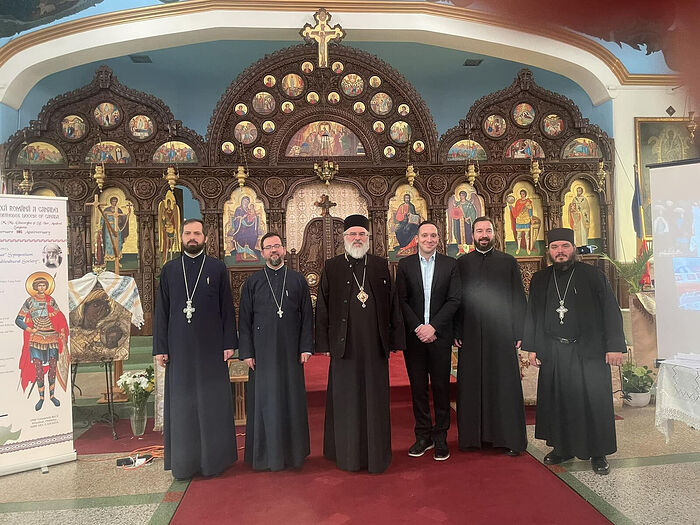
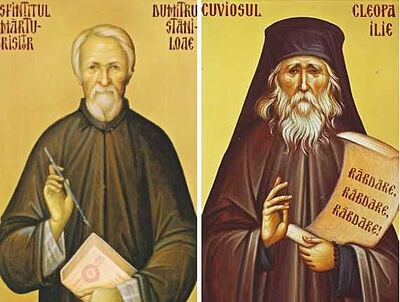 Romanian Church preparing to canonize Elder Cleopa, Fr. Dumitru Stăniloae, Elder Gherasim (Iscu)At its session on February 25, the Holy Synod of the Romanian Orthodox Church decided to begin the canonization process of a dozen confessors and missionaries who suffered under Communism, to mark the 140th anniversary of autocephaly and the 100th anniversary of the establishment of the Patriarchate in 2025.
Romanian Church preparing to canonize Elder Cleopa, Fr. Dumitru Stăniloae, Elder Gherasim (Iscu)At its session on February 25, the Holy Synod of the Romanian Orthodox Church decided to begin the canonization process of a dozen confessors and missionaries who suffered under Communism, to mark the 140th anniversary of autocephaly and the 100th anniversary of the establishment of the Patriarchate in 2025.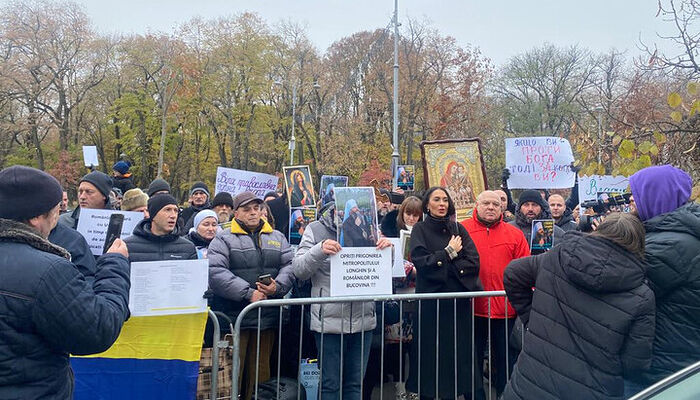
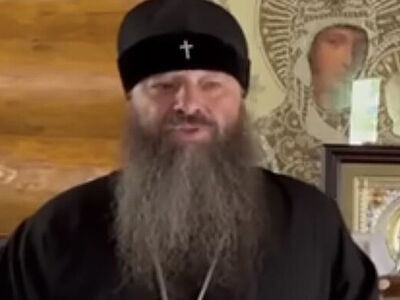 “It’s a great joy when you taste these bitter trials”—UOC hierarch announces state is taking him to courtHis Eminence Metropolitan Longin of Bancheny of the canonical Ukrainian Orthodox Church, a beloved hierarch and father to 100s of orphans, announced on Tuesday that the state’s investigation against him has finished, and the matter will now go to court.
“It’s a great joy when you taste these bitter trials”—UOC hierarch announces state is taking him to courtHis Eminence Metropolitan Longin of Bancheny of the canonical Ukrainian Orthodox Church, a beloved hierarch and father to 100s of orphans, announced on Tuesday that the state’s investigation against him has finished, and the matter will now go to court.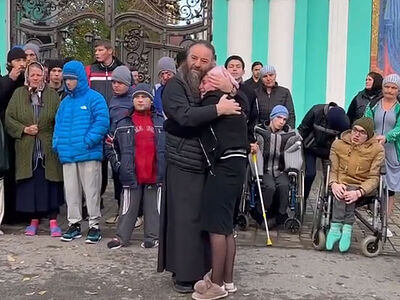 Armed security forces surround Ukrainian monastery that is home to hundreds of orphans (+VIDEO)The monastery is run by His Eminence Metropolitan Longin, one of the most authoritative hierarchs of the UOC, who is also the adopted father to hundreds of orphans who are cared for at the monastery.”>last month, armed security forces surrounded and searched the Holy Ascension Monastery where the hierarch is abbot, frightening his adopted children.
Armed security forces surround Ukrainian monastery that is home to hundreds of orphans (+VIDEO)The monastery is run by His Eminence Metropolitan Longin, one of the most authoritative hierarchs of the UOC, who is also the adopted father to hundreds of orphans who are cared for at the monastery.”>last month, armed security forces surrounded and searched the Holy Ascension Monastery where the hierarch is abbot, frightening his adopted children.  Ukrainian Metropolitan, father of 100s of orphans, victim of state oppression, suffers severe strokeOne of the most beloved hierarchs of the canonical Ukrainian Orthodox Church suffered a severe stroke and was hospitalized on Friday, July 21.
Ukrainian Metropolitan, father of 100s of orphans, victim of state oppression, suffers severe strokeOne of the most beloved hierarchs of the canonical Ukrainian Orthodox Church suffered a severe stroke and was hospitalized on Friday, July 21.